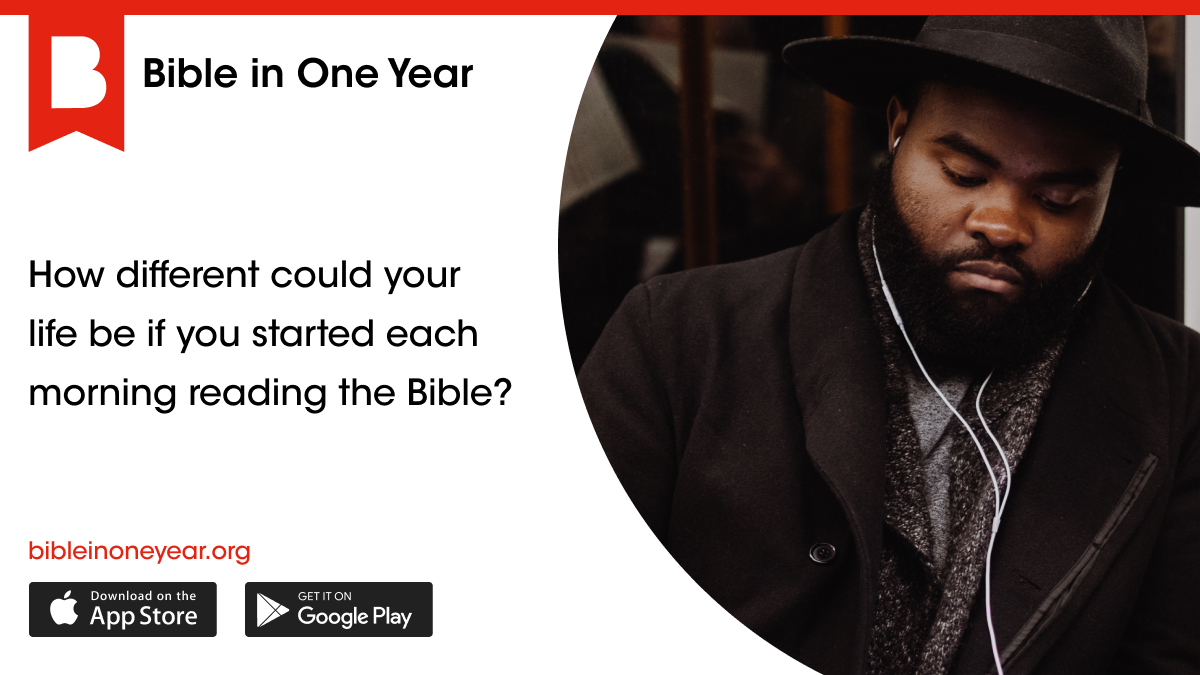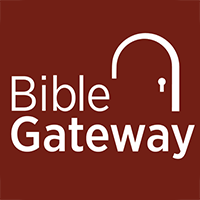An atheist intellectual who focused on the study of Ancient Greek and Roman cultures had much admiration for them. However, he could only spend limited time immersed in their culture. These colonizers were ‘Old Testament’ like in their brutal approach to their fellow human beings, particularly to those outside their own clan. This former atheist credits the teachings of Jesus Christ and the influence He has had on the world for changes in our modern way of being.
The hallmark of the early Christians, even before they called themselves Christian, was how this very diverse group of folks loved one another. Before Jesus, humans worshipped and followed the precepts of whatever gods that were assigned as part of the culture of their particular village, tribe or people. Jesus and his early followers changed all that. As Paul wrote to the Galatians around 53-54,
For all of you are the children of God, through faith, in Christ Jesus
Since every one of you that has been baptized has been clothed in Christ
There can be neither Jew nor Greek, there can be neither slave nor freeman, there can be neither male nor female – for you are all one in Christ Jesus.
And simply by being Christ’s you are the progeny of Abraham, the heirs named in the promise. Galatians 3:26-29
These early Christians stood out as a beacon of love and peace in the midst of an otherwise very brutal world. Non-believers of that time would comment, “Behold, how they love on another.”
As Phyliss Tickle has noted, God has to bring revival to his Church on a regular basis. Over time, we lose sight of the way of being exemplified in the early church. The modern European colonizers could be every bit as brutal as the ancient peoples who did not know Christ. Decolonization is bringing many changes not only to the world, but also to the church.
I was privileged to be welcomed to Songhees First Nation land in the latter part of my teaching career at Camosun College. In partnership with the the Songhees Employment and Learning Centre, we offered adult upgrading off campus. In my time there, I learned at least as much, as I taught. I feel called to extend the learning I received from First Nations’ colleagues and elders in this last phase of my life.
In my time at Camosun, I became familiar with ‘acknowledgement of the traditional territory’. I am doing more research on how that would apply in the territory where our church, St. John the Baptist Cobble Hill, is located. The bishop, when she visited St. John’s last Sunday started the service with an acknowledgement we are on Meluxulh (Malahat) land. I have learned, however, that the parish of St. John’s also includes Quw’utsun and Pauqachin (Hatch Point (Indian Reserve #12)) territory. Clearly, I have a lot more to learn and look forward to doing that with the help of First Nation colleagues and elders I have met in my time working with First Nation’s people.




